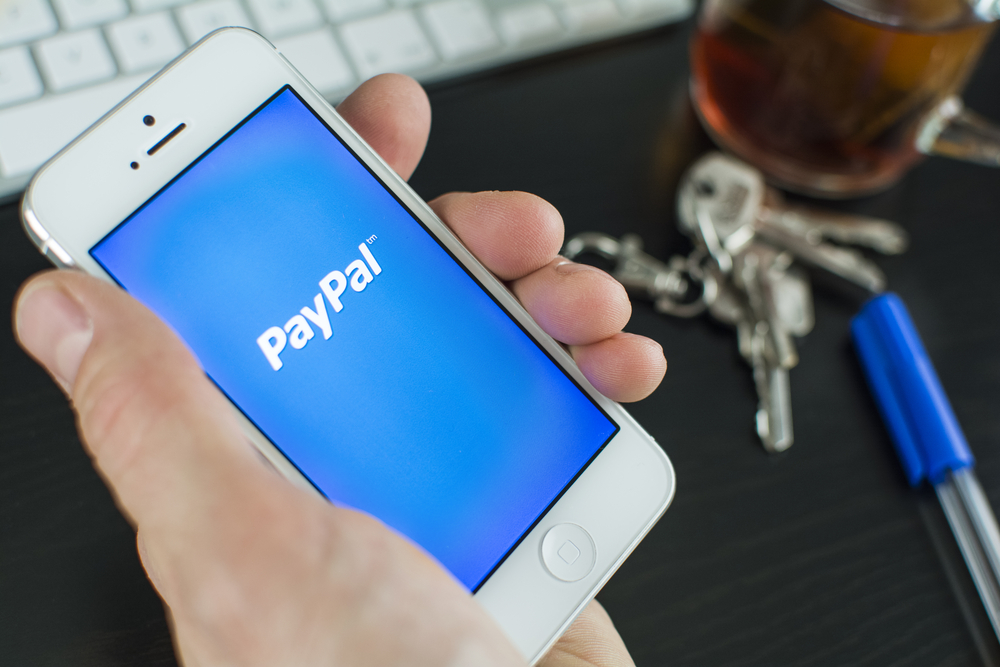Digital payment platforms have become a common substitute for cash transactions. Now, when you owe your roommate money for rent and or need to repay your friend for lunch, a simple Venmo or PayPal transaction can settle the debt instantly. But as these platforms have evolved, they’ve also become common payment options for business transactions. If your business receives payment via Venmo, PayPal, Zelle, or other digital payment platforms, a recent change to how these platforms report transactions to the IRS may impact your business. Keep reading to learn more.
What’s Changed?
If you’ve heard that these transactions will now be taxed differently, that actually isn’t true. Income via any payment method has always been taxable, and that has not changed. The only thing that has changed for these transactions is how the platforms themselves report them to the IRS. In the past, only accounts with more than $20,000 of income needed to be reported; now, all accounts with over $600 in income must be reported to the IRS, and those account holders must also receive relevant tax documents.
What about Personal Payments?
The biggest concern for most people in regards to this change is how it will impact receiving personal payments. If you rely on PayPal to get your roommate’s half of the rent every month, you will easily exceed $600 before the end of the year. Is that repayment going to end up being taxed? Luckily, this shouldn’t be the case. As the PayPal website states, “PayPal monitors accounts to ensure that personal payments are not being used for sales of goods and services.”
These platforms carefully monitor transactions and are generally equipped to differentiate between accounts used for personal payments and business income. So, if you’re only using your account to receive personal payments, you shouldn’t have anything to worry about. It’s still a good idea to keep records of what all income is for, in case something is reported incorrectly, but personal payments should not be reported to the IRS.
What If You Use Your Account for Both?
So, generally speaking, the changes to how PayPal, Venmo, and other digital payment platforms report transactions shouldn’t impact your taxes; your business transactions always have been and continue to be taxable, and personal transactions remain nontaxable income. The only individuals who may experience complications with this change are those who receive both personal and business payments in the same account.
For example, let’s say you provide contract work designing websites for other businesses, and you receive payments through PayPal. But you also use that account when a friend owes you money. Even though these platforms do monitor transactions and attempt to differentiate personal and business income, that is difficult to do when you’re receiving both types of transactions into the same account. It’s difficult for these systems to separate every transaction accurately, and you are quite likely to have some personal income reported as taxable income to the IRS.
In the past, if you received less than $20,000 in income through these platforms, you could handle separating these transfers yourself, and only report relevant business income to the IRS. Now, however, the payment platform will send a 1099-K to the IRS yourself. If you use one account for both personal and business income, that form could include all transactions on your account, and those personal payments would be treated as taxable income. This leaves you with a very big mess that could be difficult to clean up.
For small-business owners and contractors who receive PayPal, Venmo, Zelle, and other digital payments, it’s extremely important that you create separate accounts for business and personal transactions. If you don’t wish to set up additional accounts on all payment platforms, you could simply designate one platform for business payments, and accept personal payments through other methods. The bottom line is that separating your personal and business transactions is essential to effectively managing your business income and reporting it on your tax return.
Get Help with Managing Your Business’s Books
Effectively managing your books and tracking your business income is essential to the success of your business. This is especially true for contractors who hope to begin receiving government contracts; you’ll have a hard time qualifying for those contracts if your business income is mixed up in the same payment accounts and personal transactions.
If you need assistance separating your business from your personal transactions, reach out to Peter Witts CPA today to schedule a consultation with one of our expert accountants.

